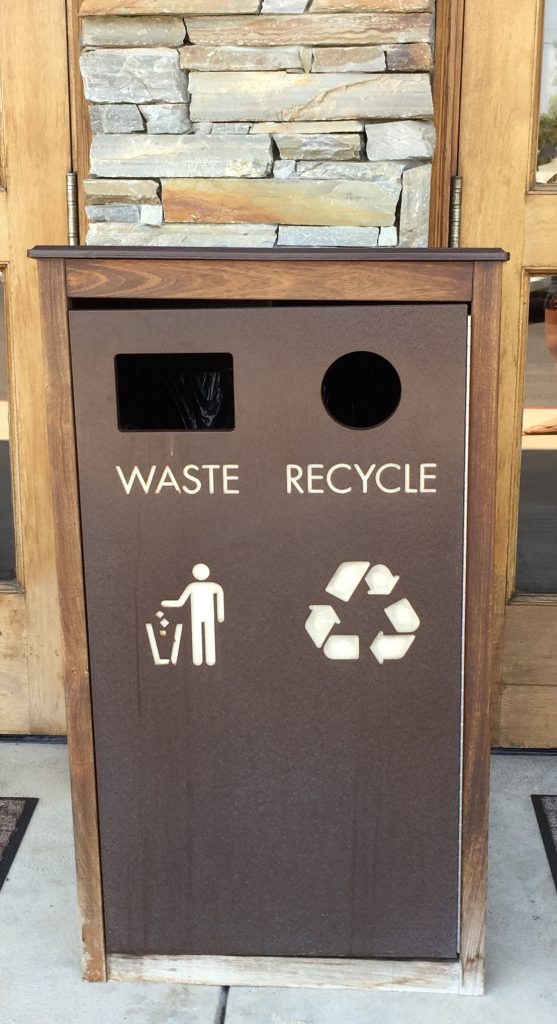What the researchers discovered
Since 1950, when plastics began to be manufactured on a large scale, we have created 8.3 billion metric tons of stuff made from plastic.
The researchers found that by 2015 only 9 percent of the 8.3 billion metric tons of plastic stuff that we created was recycled. The bulk of all that plastic waste was either sent to landfills or thrown into our natural environment (79 percent) while the remainder was incinerated (12 percent).
The study reports that if we continue to manufacture and discard plastics in the same way, by 2050 around 12 billion metric tons of plastic waste will be in our landfills, blowing around our planet or floating in our waterways. One example that was given is 12 billion metric tons is about “35,000 times as heavy as the Empire State Building.”
The study doesn’t advocate for a complete removal of all plastics but does suggest we take a hard look at plastic uses and what happens when the item is no longer useful.
Plastic waste is a huge challenge that has already impacted our planet in ways that can’t be undone. Going forward we all need to work together to ensure that we don’t have 12 billion metric tons of plastic clogging up our planet in 2050.
Obviously everyone needs to step up to stop being part of the problem from manufacturers to the consumer to the nation’s waste management programs. We are all needed to fix this problem.
Some ways you can be part of the solution
- Recycle whenever possible.
- Avoid purchasing plastic items especially single-use items like straws, utensils and bottles.
- Avoid purchasing liquid soaps, switch to bar soap. Many bar soaps have paper packaging or none at all. You can also find solid shampoo soap bars.
- Avoid buying new stuff, first look at resale shops or second-hand online sites to see if someone else is selling what you need. Gently used means zero packaging waste.
- When buying clothing, avoid polyester and check labels for natural fibers like organic hemp and cotton. Don’t throw gently used clothing away instead donate it to a local charity’s resale shop.
- Avoid buying heavily processed foods. Frequent your local bulk food aisle and farmers markets. Not only will you avoid plastic packaging, whole foods are healthier for you and your family.
- Avoid purchasing dips and dressing when you can make your own. You’ll avoid unnecessary packaging and they’ll taste fresher and be healthier.
To read the complete study:
Roland Geyer et al. Production, use, and fate of all plastics ever made. Science Advances, July 2017 DOI: 10.1126/sciadv.1700782